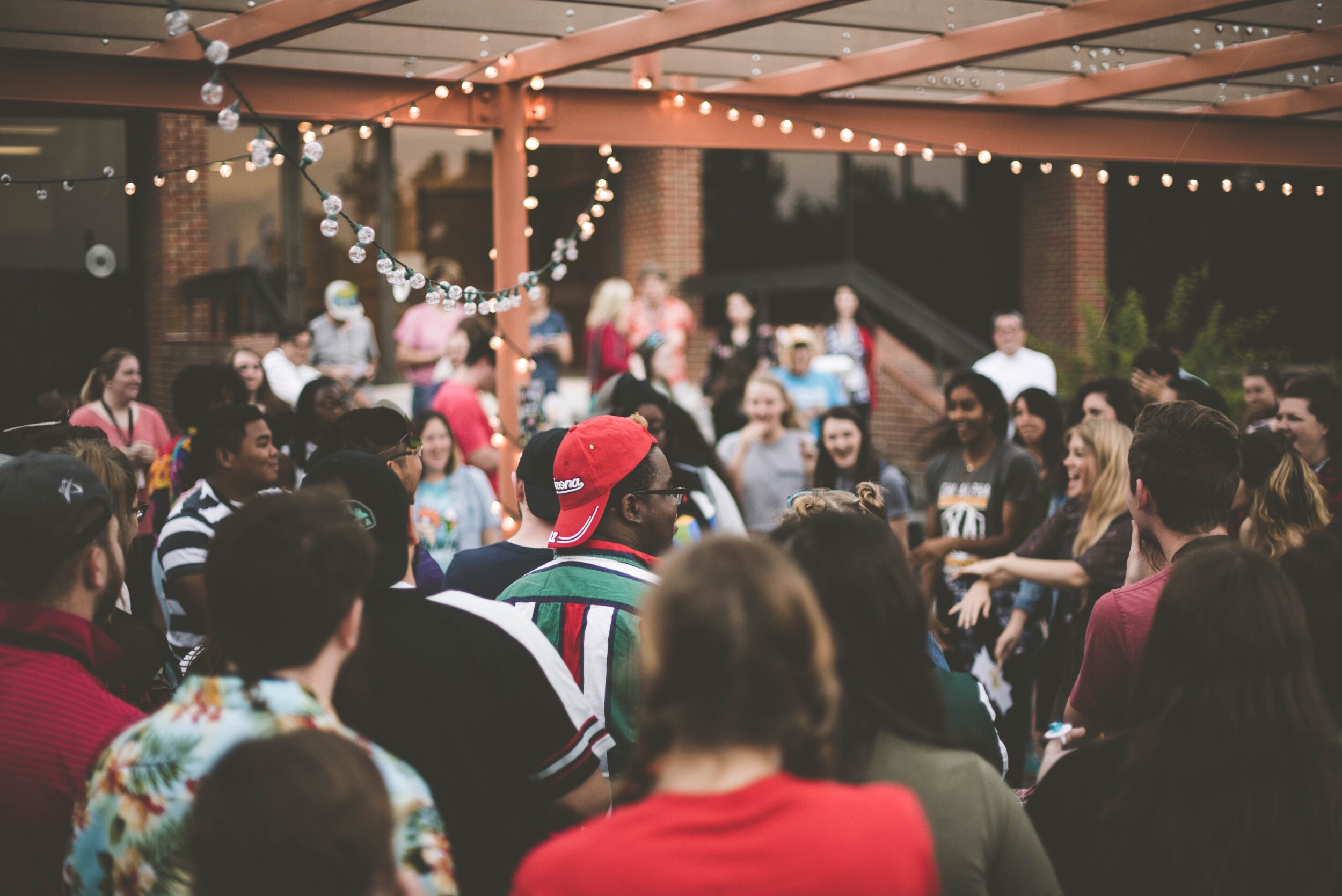
Events—whether they’re work-related or not—can be a lot of fun. But they can also be incredibly nerve-wracking, especially if you’re the one organizing them. That’s why it’s so important to make sure your attendees feel safe and secure.
Security is important for a variety of reasons. It helps to ensure the safety of attendees, staff, and vendors; it can help to deter crime, and it can help to protect property.
Security tips for every event
When it comes to safety and security, there are a few things you can do to help ensure that your event goes off without a hitch. Here are a few tips to keep in mind:
- Make sure you have a clear and concise plan for security. This should include who is responsible for what, and how you will handle any potential issues that may arise.
- Have a designated armed security team in place, both on-site and off-site. This team should be trained and equipped to handle any situation that may occur.
- Conduct a risk assessment of your event venue and make sure all potential risks are mitigated as much as possible.
- Have a good communication plan in place so that everyone involved in the event knows what to do in case of an emergency.
- Make sure all entry and exit points are secure and that only authorized personnel have access to them.
- Have a comprehensive security system in place, including CCTV, alarms, and guards if necessary.
- Finally, always be prepared for the worst-case scenario and have a contingency plan in place should something happen despite your best efforts.
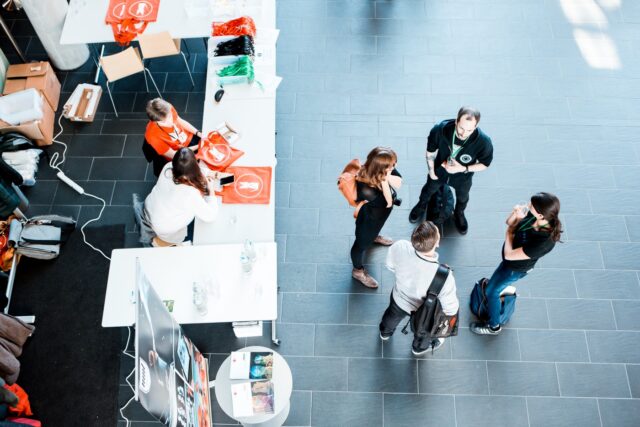
Types of security personnel
There is a variety of security personnel available to help ensure the safety of your event. Here are some of the most common types:
Security guards are responsible for maintaining a safe and secure environment. They may patrol the premises, monitor security cameras, and provide escorts as needed.
The event staff is typically responsible for managing crowd control and providing customer service. They may also be trained in first aid and CPR and can assist with evacuations if necessary.
Police officers have the authority to enforce laws and maintain order. They can provide a high level of security, but should only be used if there is a potential for violence or other criminal activity.
Private security firms often provide armed guards and other specialized services. They can be hired to supplement the security provided by other personnel.
Establish and communicate safety policies
Creating and enforcing safety policies at your event can help make attendees feel safe and secure. Policies should address things like crowd control methods, safe ways to enter and exit the premises, and reporting of any emergencies.
Make sure all attendees are aware of the safety policies before the event begins. Post signs or flyers in strategic locations, send out email invitations and include all of the information. Make sure everyone knows who to contact if they experience an emergency.
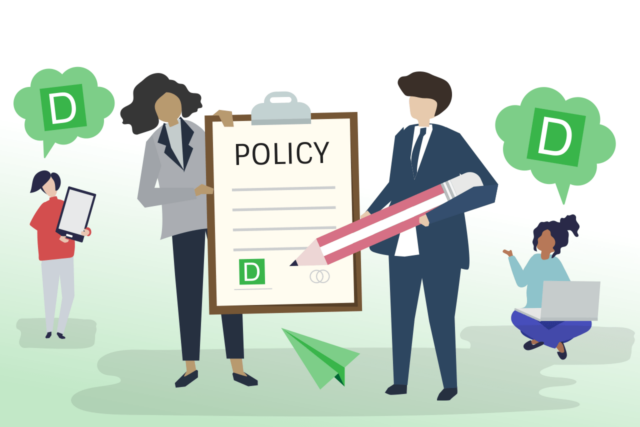
Some common safety precautions to take during events include:
-Designate a safe place for participants to congregate before the event begins; this could be inside or outside the venue.
-Enforce a no-tolerance policy for illegal drugs at your event; it can lead to dangerous behavior.
-Make sure everyone has a working identification badge or gate pass and knows how to use it properly. These items should be prominently displayed so that attendees know what to do if they lose them.
-Keep all areas of your venue clear at all times; do not allow guests to linger in areas where they may not be able to see or hear announcements made over loudspeakers.
-Make sure all flames are put out before people leave an area; open fires are prohibited in most venues.
The COVID-19 pandemic has changed the way we think about events
The COVID-19 pandemic has certainly changed the way we think about events. No longer can we take for granted that an event will be safe and enjoyable. We must now carefully consider all the potential risks involved in holding an event, and how best to mitigate them.
There are a number of things to consider when making your event safe since the age of COVID-19. You will need to ensure that your venue is properly sanitized and that all attendees are wearing face masks. You will also need to implement social distancing measures, such as limiting capacity and providing more space between chairs or tables.
It is also important to have a solid plan in place in case someone does become sick at your event. Make sure you know who will be responsible for calling medical help and have a designated area for anyone who needs to self-isolate. By taking these precautions, you can help make your event safe and enjoyable for everyone involved.
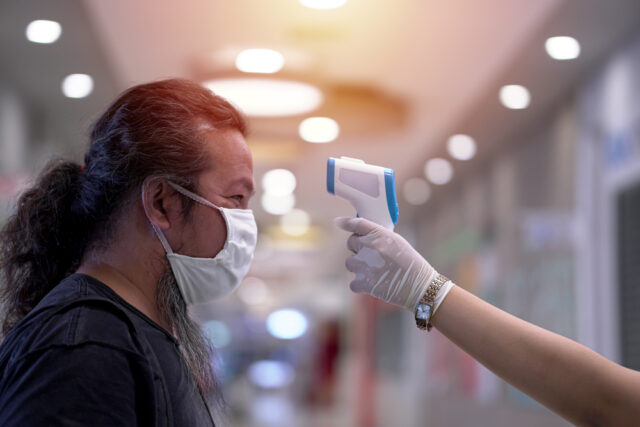
What items should be banned from events?
These include weapons, dangerous materials, and illegal substances. Additionally, inappropriate clothing and accessories should be avoided, as they can be distracting or intimidating. By following these simple guidelines, you can ensure that your event is a safe and welcoming place for all participants.
Implement measures to deter crime
Crime prevention is a big topic and not one that can be fully tackled with just a few simple measures. Here are a few ideas to help make your guests feel safe and secure:
-Walk around and introduce yourself to guests – It can be scary to be at an event where you don’t know anyone, so it’s important to do everything possible to make everyone feel comfortable. Introduce yourself and tell them about your role in the event. This will help ensure everyone is aware of their surroundings and feels comfortable asking questions if they’re unfamiliar with the place.
-Set ground rules for behavior – Be very clear about what is and isn’t allowed. Everyone needs to know what’s considered appropriate behavior in order to avoid any potential conflicts. This includes setting boundaries for alcohol consumption, running or playing too loud, and disturbing others with behavior that isn’t welcome (excessive yelling, for example).
-Be visible & accessible – Make sure you’re always visible and easy to reach if needed. If something goes wrong and someone needs assistance, they’ll be able to find you quickly. And remember: always have an escape plan in case things go bump in the night!
-Treat guests like family – No one wants to feel like they’re being treated like a criminal, so make sure you act friendly and approachable even if you don’t know them well. This will help create an atmosphere of trust which will reduce crime risks overall.
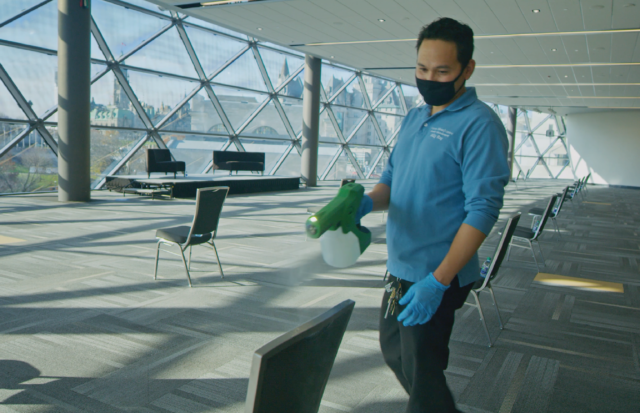
Conclusion
When planning your next event, it’s important to consider how you can make your attendees feel safe and secure. Whether you’re hosting a networking event or an industry conference, ensuring that everyone attending feels comfortable and welcome is key to a successful outcome.









